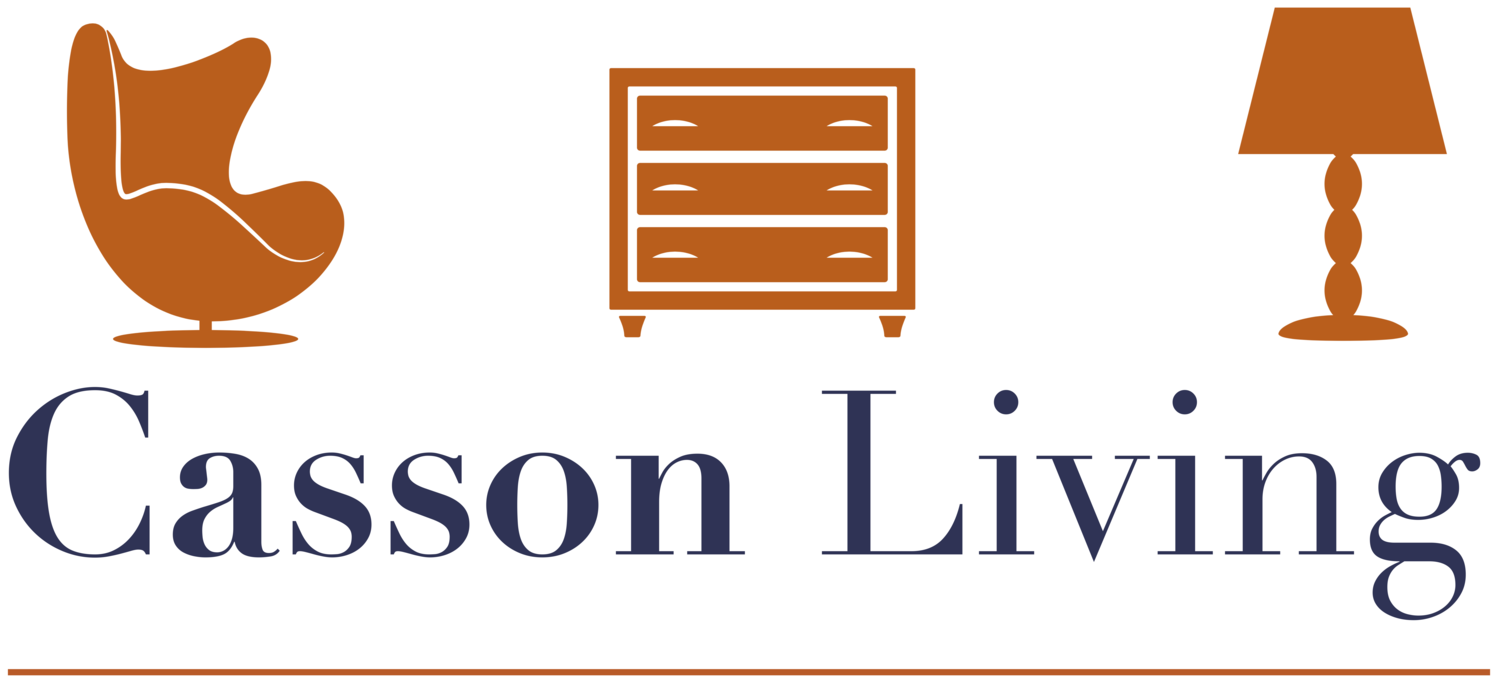






Furniture and Interiors Agency
Furniture and Interiors Agency

Centrepiece
Centrepiece
A leading name of the furniture industry, commitment to the highest standards, and consistently on the leading edge of design, Centrepiece offer swift and efficient service to match their uncompromising levels of quality and style.

Orsenigo
Orsenigo
Since 1960, in Como, Northern Italy, Orsenigo have excelled in creating furniture of the highest standards and design flair, while offering a multitude of options along with the ability to customise according to customer's requirements.

Qualita
Qualita
Dynamic, style and service driven. One of eastern Europe's fastest growing furniture manufacturers, producing under the Qualita brand and also own label for the high street's most respected names...

Chelsom
Chelsom
A leading, highly respected and award winning lighting producer, specialising in hospitality, marine and residential. Innovative and uncompromising in design and quality.












Visit Chelsom Website

Contact
Contact
Please note that we are a trade only supplier.









































